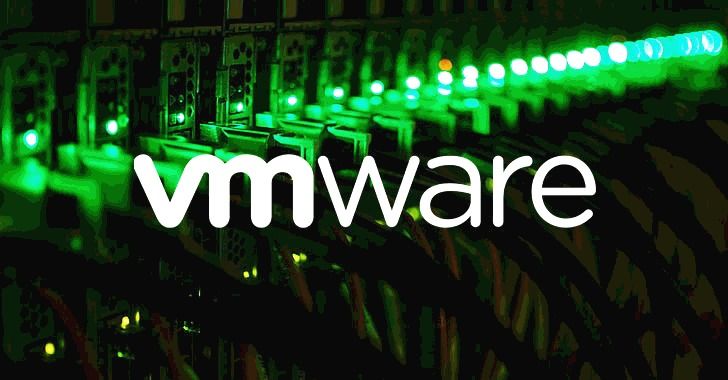In a surprising move, Broadcom, following its acquisition of VMware in November 2023, has decided to shut down the free version of VMware’s ESXi hypervisor. This decision also comes alongside the termination of perpetual licensing, marking the Free ESXi Hypervisor as End Of General Availability (EOGA). With many hobbyists and testers relying on the free version for their virtualization needs, this move raises questions about the future of VMware’s offerings and the implications for users.
The End of a Free Option
The free version of ESXi, although limited in capabilities, provided a convenient platform for individuals experimenting with virtualization technology. However, the recent announcement confirms that VMware vSphere Hypervisor (free edition) is no longer available on the VMware website, affecting ESXi versions 7.x and 8.x.
Broadcom’s Quest for Change
This decision is part of Broadcom’s broader strategy to make significant changes to VMware’s product lineup. Since its acquisition, Broadcom has already discontinued multiple services, leaving customers with limited options. Only 54% of the discontinued services have had a replacement or add-on product, leaving users seeking alternative solutions.
Implications for Users
While the free version of ESXi may no longer be available, users can still access the hypervisor through VMware User Group ‘advantage’ licensing. However, the announcement from Broadcom clarified that there is no immediate substitute product offered. This leaves users wondering about the long-term future of free virtualization options from VMware.
Furthermore, Broadcom’s decision to set a minimum requirement of 3,500 cores running VMware Cloud Foundation for inclusion in its cloud partner program signifies a shift towards targeting enterprise-level customers. These changes, coupled with the termination of perpetual licenses in favor of subscriptions, are creating concerns among VMware customers.
Exploring Alternatives
With the discontinuation of the free ESXi hypervisor, many users are now exploring alternative solutions for their virtualization needs. While VMware remains a popular choice among enterprises, the industry will likely witness an increase in adoption of other virtualization platforms.
These alternatives include open-source solutions such as Proxmox, Xen, and KVM, which offer similar features to VMware’s ESXi. Additionally, other commercial offerings like Microsoft Hyper-V and Citrix Hypervisor have their own loyal customer base.
Conclusion
Broadcom’s decision to shut down the free version of VMware’s ESXi hypervisor marks a significant shift in the virtualization landscape. While the free option provided limited capabilities, it served as a valuable resource for hobbyists and testers. Now, with limited substitute products offered and the focus shifting towards enterprise customers, users are left with questions about the future of VMware’s offerings.
As users seek alternative solutions, open-source platforms and other commercial options are likely to gain traction. It remains to be seen how VMware will address these changes in the virtualization market and whether they will introduce new free or more affordable options for users in the future.
Sources:
TechRadar Pro: Broadcom shuts off free version of VMware’s ESXi hypervisor
